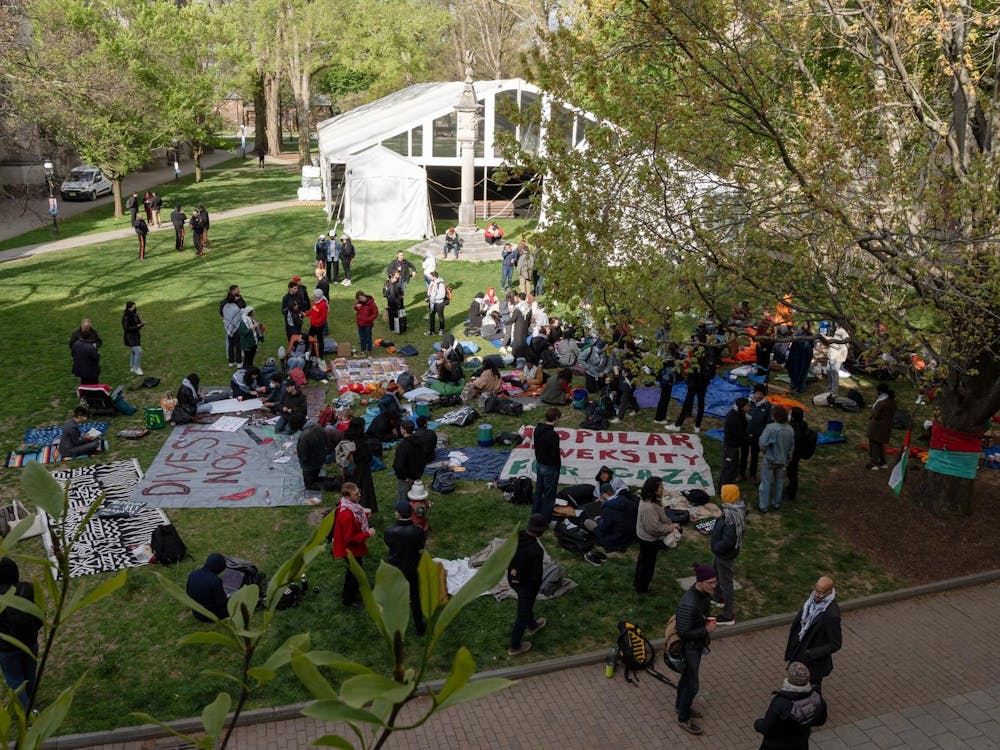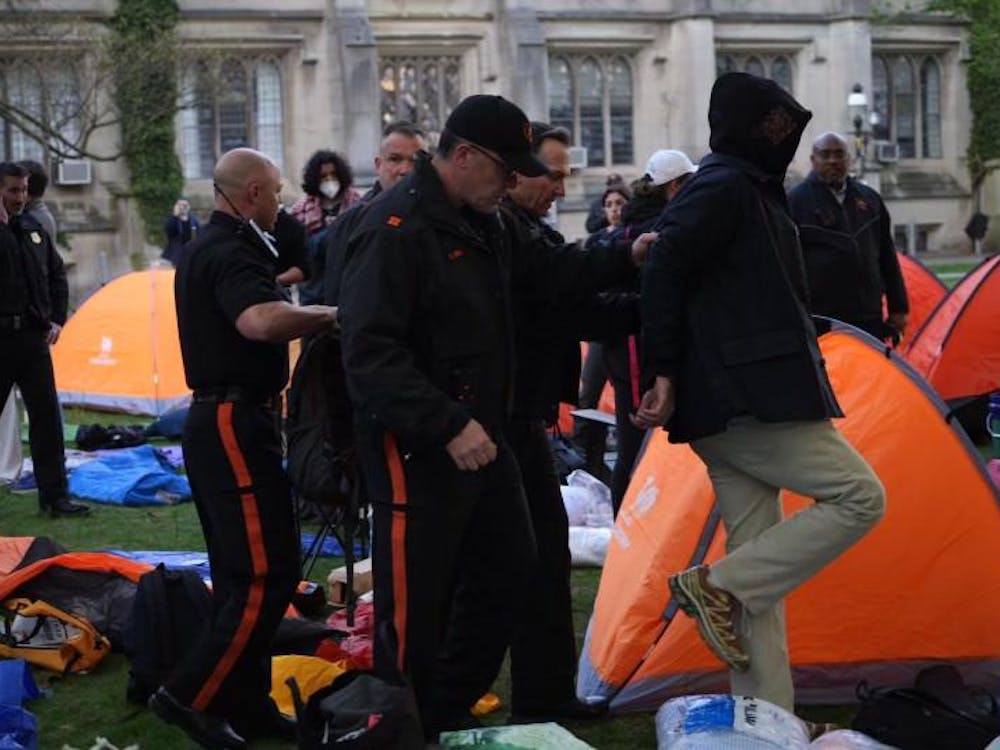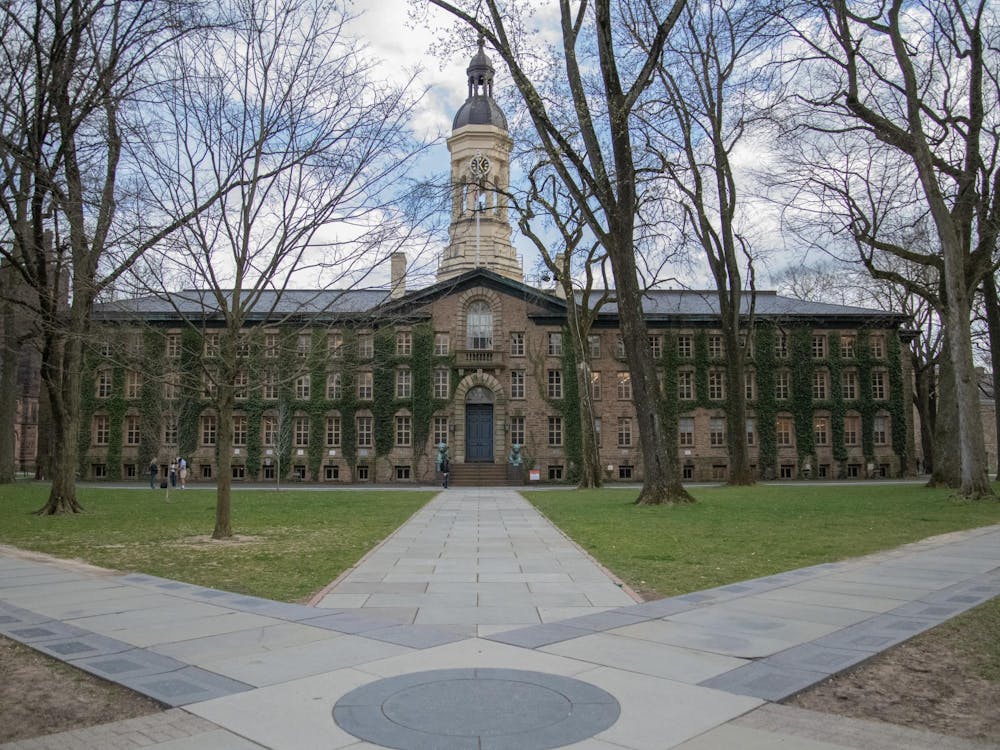The burden of proof for demonstrating its tax-exempt status falls on the University, according to a decision by tax court judge Vito Bianco last Friday.
The decision follows a motion filed by the University to the State Tax Court in July and marks the latest development of the four-year lawsuit initiated by several residents of the town. The University had previously filed a motion to dismiss the case and to re-assign a judge.
University General Counsel Ramona Romero declined to comment.
Robert Durkee ’69, vice president and secretary of the University, said that in a lawsuit the burden of proof falls mainly on the plaintiffs, and that it is unusual for defendants to have the burden of proof. He added that there was some indication in earlier hearings that suggested the judge may not see it that way in this case, and that now that it is aware of what the judge has decided, the University will proceed accordingly.
Bruce Afran, the plaintiff counsel, stated that multiple precedents in New Jersey courts have established that in tax-exemption lawsuits, the burden of proof falls on the part of the property owner whose tax-exempt status is challenged. Afran added that tax exemption statuses have always been very strictly interpreted and narrowly applied.
“The person casino who owns the property and wants to be free of paying taxes must prove to the court that they deserve the exemption. The University tried to shift that burden to the taxpayers, in this case, the retired senior citizens,” Afran said.“The basic idea is that the person who owns the property knows best what they do with it. The University knows its operations best, these retired people can’t know the in and out of the University.”
Afran added that he believes it will be difficult for the University to prove its nonprofit status and retain the exemptions in face of documented commercial engagements. According to Afran, such engagements include entering into biotechnology partnerships with faculty members who’ve received intellectual patents, expanding real estate involvement in Forrestal and participating in various hedge funds.
However, Durkee said that he believes there is no question that the University meets the criteria for tax exemption and that the latest ruling will not alter the course of the trial significantly. Specifically, it is particularly hard to challenge that the predominant motive of the University is to be an education provider, which grants tax-exempt status, he said.
“It’s absolutely clear that the reason we exist is to be an educational institution – we do teaching and we do research,” Durkee said.
Afran added that he believes the University wants to avoid taxes as much as it can and that the University needs to have a much heavier tax burden to reflect its true commercial activity.
“We all stand in the same position and share the same responsibility to the government,” Afran said."The University puts a huge burden on the town."

He noted the two hundred University buildings that require inspection and the two thousand faculty who send their children to the town’s public schools.
“Many say the town benefits from the University, but the town benefits from a lot of people,” Afran said.
Afran added that he hopes this ruling creates the basis for settlement discussions between the two parties. Though Afran stated that conversations about an outside agreement have initiated, Durkee noted that he is not aware of such discussions.
The trial is tentatively set to take place in the summer of 2016.
Bianco"s office did not respond to a request for comment.








